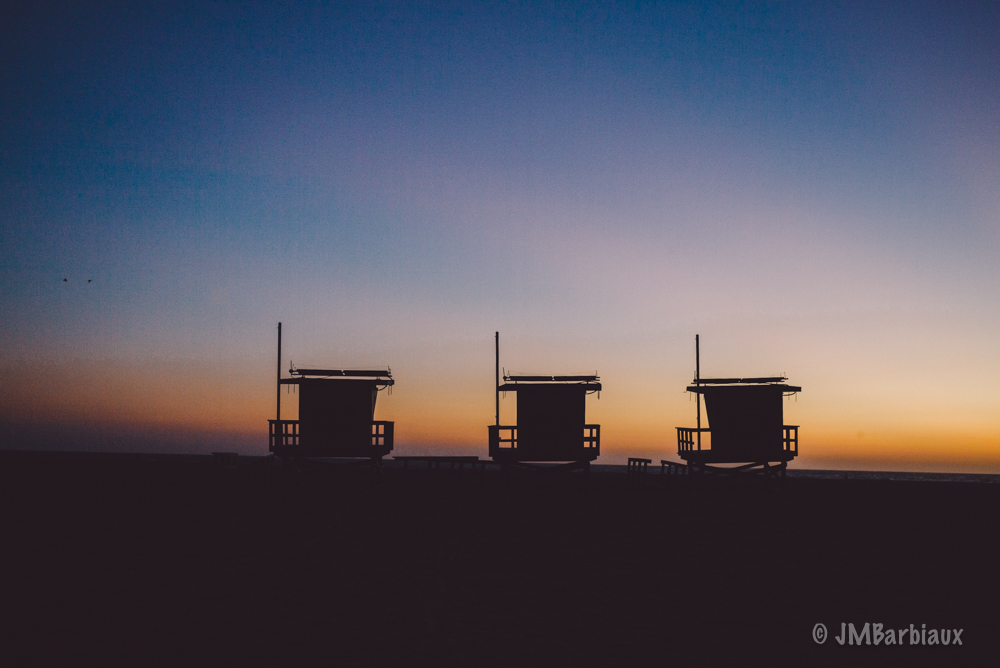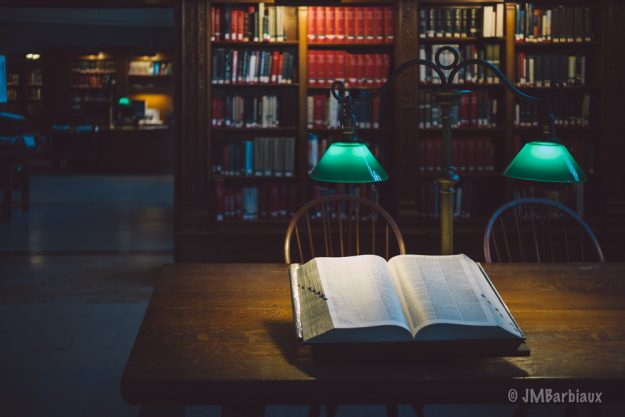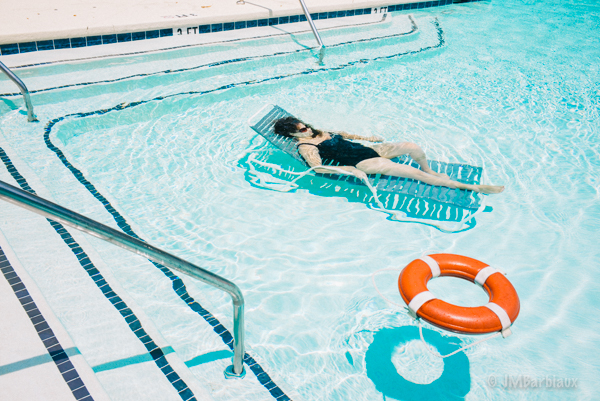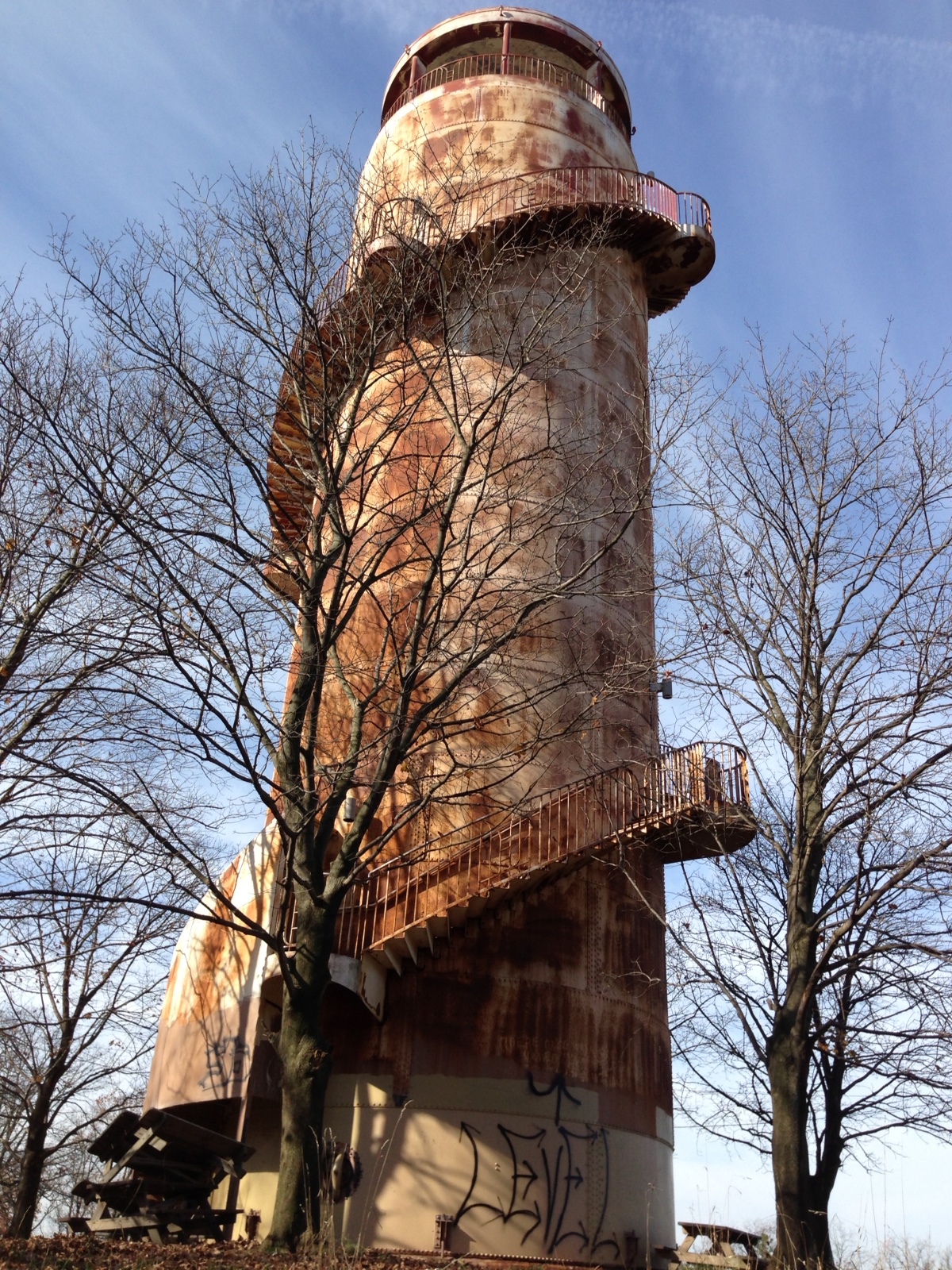Believe it or not, the next camera or lens you’ve got your eye on is probably not the best investment you could make if you’d like to improve your photography. In fact, new gear doesn’t even make it into the big top three in my book.* Whether you’re doing photography full-time or it’s simply a passion/part-time gig you’ve got the same problem we all do… There are only so many hours in the day and resources aren’t unlimited (well, for the most of us anyways).
*I’m assuming you’ve got a camera equipped smart phone at the very least… Otherwise, you can pick up a used camera for under $200 and start your journey just like I did.
So where do we invest our time and resources to progress from aspiring photographer to talented photographer as quickly and successfully as possible? Glad you asked. I’ve put together a detailed list below and even created an easy to remember acronym: ETE, pronounced eat. See, you’ll never forget ETE because you eat every day. It was going to be pronounced E.T. like the movie but I’m pretty sure I’m getting old and nobody would know what I was talking about. So what is ETE?
- Education
- Travel
- Experience
Education
Whether you go to an art school, read some books, or simply delve into whatever you can find on the internet, it’s imperative that you educate yourself. There is nothing more stifling than learning photography in a vacuum. Even if you’re naturally talented you’ll eventually plateau without introducing yourself to others work.
In addition to learning from other talented artists you’ll also find that studying others work will inspire/motivate you to continue to grow as an artist. Study other mediums of art as well, don’t limit yourself to photography. If you’re not sure where to start you can always start with the household names, they are popular for a reason: Ansel Adams, Robert Frank, Alex Webb, Van Gogh, Monet, etc..
With that being said, I think it is important to read with an open mind and question everything. I know, I know, everything on the internet is true but imagine for a moment if someone wrote something on the internet that was simply their opinion!? Yeah, not likely… But it’s probably best if we are cautious and question things we read anyways, in the off-chance someone slips something untrue or inaccurate onto this internet thing.
If you’re new to photography and looking for a place to start I highly recommend you check out my article The New Guide To Learning Photography: The Old One Was Backwards.
Travel
Here is where the rubber meets the road, literally. Travel will open your eyes and mind to things you never imagined and educate you as much or more than all the books you could stuff into your Ikea bookshelf. It’s simply not good enough to travel someplace visually, from the comfort of your computer chair. You’ve got to see and photograph a place with your own eyes.
Just like studying others art work, traveling can educate as well as inspire. In fact, you’ll hear a lot of photographers talk about getting their best shots while traveling where everything is new and exciting to them. I think there is a truth to this, I believe we notice the seemingly ordinary people/things that may make great photos while traveling… The same ordinary people and things we ignore in our own backyards. Perhaps we notice these “ordinary” subjects because we are more observant in a new and unfamiliar place.
Twenty years from now you will be more disappointed by the things you didn’t do than by the ones you did. So throw off the bowlines, sail away from the safe harbor. Catch the trade winds in you sail. Explore. Dream. Discover.
Mark Twain
Another great reason to work travel into your strategy for improving as a photographer is that it is a great way to showcase what work you are capable of. Many of the commissions I have earned were directly related to work I did while traveling. There are plenty of ways to do this, you can even turn a family vacation into a profitable trip as well (mind your family/work balance).
Here is a great example of taking advantage of a family trip and having fun in the process. The image above is my wonderful wife humoring my crazy ideas while visiting Kiawah Island, S.C.. The image ended up being published on Vogue Italia’s website later that year. You can see the rest of the images from this impromptu fine art fashion shoot here.
Experience
Rome wasn’t conquered in a day. Don’t expect to pick up a camera, read a few books, travel to a beautiful place, and take the best photos ever taken. In fact, plan on taking some really crappy photos at first. You may even find yourself in some situations where you really screw up. That is okay! You are supposed to screw up, that is how we learn.
Experience is simply the name we give our mistakes.
Oscar Wilde
Case and point, I don’t know a professional photographer who has not accidentally shot a number of photos in perfect lighting at ISO 6400 simply because they forgot to readjust from the night before… Go ahead, ask every pro you know and if they are being honest they’ll grin and nod. Ever forgot to put your memory card into your camera? We’ve all been there.
The more you experience the more you connect the dots. It’s quite amazing how every genre of photography can teach us things about another genre. The influence my street photography has had on my landscape photography which has influenced my fine art photography which has influenced my etc., etc., etc. is invaluable.
Conclusion
Though gear can make a difference, it’s really not part of the equation until you’ve outgrown the gear you currently have. Often, photographers blame lackluster photography on cropped sensors or slow lenses when there are so many other, arguably more important, factors at play. Focus on improving as a photographer before you worry about improving your gear, you can start by investing in yourself with the ETE.
Feel free to leave your thoughts in the comments section below. You can follow my work on Instagram @PhotolisticLife if you’d like.







Do you think that photographers take more photos while traveling because of a peak in interest to their surroundings or is it the strangeness of the surroundings or both? Or is it just recording what is in front of their eyes?
Good question, it’s probably a little of everything. I imagine we don’t feel the need to photograph much where we live bc we figure we will see it again tomorrow… and the next day… and so on. Or, maybe it’s like dating and the mystery and intrigue of something new invigorates is? It’s worth thinking about. Great questions.
Which reminds me of the time I said to myself “take an image of a particular building” but the light was so, so and the next time I was at that location the building was already in a state of demolition. I now shoot (in terms of shutter acuations) about 80% of my images while on the road.
Thanks for an interesting answer.
very good advice here. just subscribed to your site and want to say thanks for the articles.
Thank you! I appreciate your feedback and thanks for subscribing.